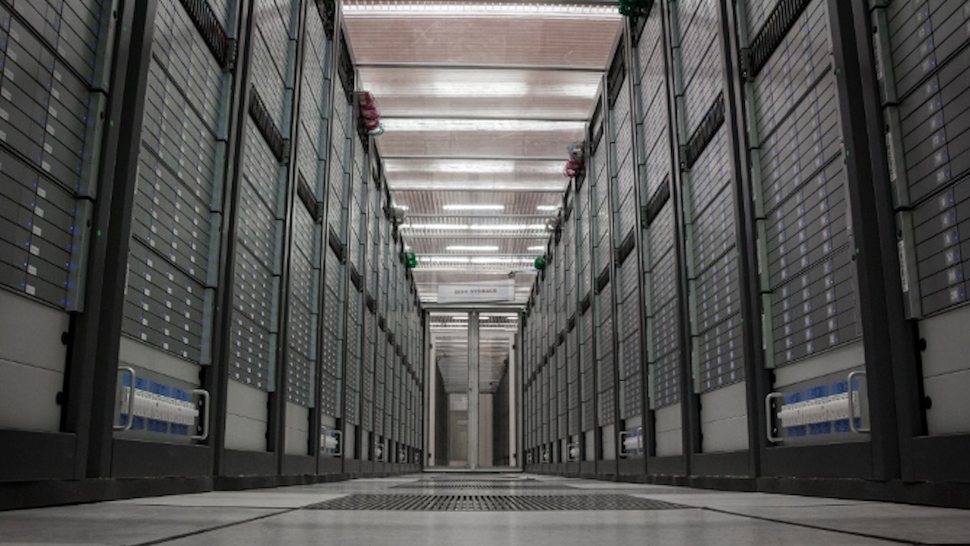
Four years after Microsoft gave itself a decade to become carbon-negative, and two years before generative AI hit the ground running, the company is now grappling with an expanding carbon footprint, and it’s all thanks to AI.
According to its Environmental Sustainability Report, published by Vice Chair and President Brad Smith and Chief Sustainability Officer Melanie Nakagawa, the company’s greenhouse gas emissions have increased by 29% since its 2020 carbon-negative commitment.
The rise in emissions, attributed to the increasing use of artificial intelligence and generative AI tools, now looks to pose a significant challenge to achieving Microsoft’s environmental targets.
Microsoft blames AI for carbon emissions
The demand for energy-intensive data centers, constructed from carbon-heavy materials like steel and concrete, have surged. Besides the capital expenditure associated with establishing new sites, Microsoft must also contend with the high energy usage of its data centers.
Smith and Nakagawa blamed the company’s success for the high levels of emissions: “Our challenges are in part unique to our position as a leading cloud supplier that is expanding its datacenters.”
Microsoft is under the spotlight across many nations for its dominance, including its considerable 25% share of the global cloud market, which puts it in second place behind Amazon.
Redmond has also committed to using greener energy supplies, including carbon-free electricity by 2030, investing in sustainable energy generation projects around the world.
The company, which is the most valuable in the world with a market cap of $3.14 trillion, also committed to reducing its water usage, with the two execs adding: “Our new datacenters are designed and optimized to support AI workloads and will consume zero water for cooling.”
As Microsoft continues to navigate these challenges, it’s becoming increasingly apparent that other companies involved with AI may also be faced with the same issues, highlighting the need for faster and more effective action.
More from TechRadar Pro
- These are the best AI tools and best AI writers
- We’ve rounded up a list of the best cloud hosting providers
- Microsoft has huge plans to expand its data center output to fuel AI boom







